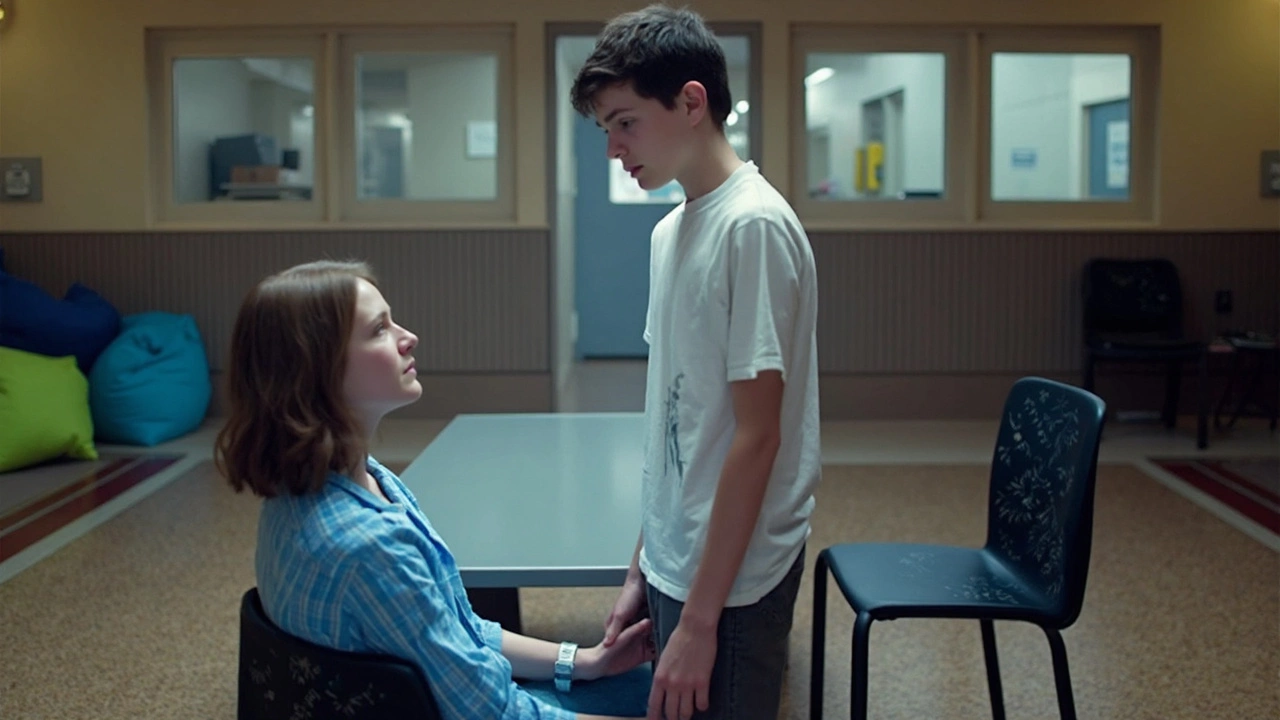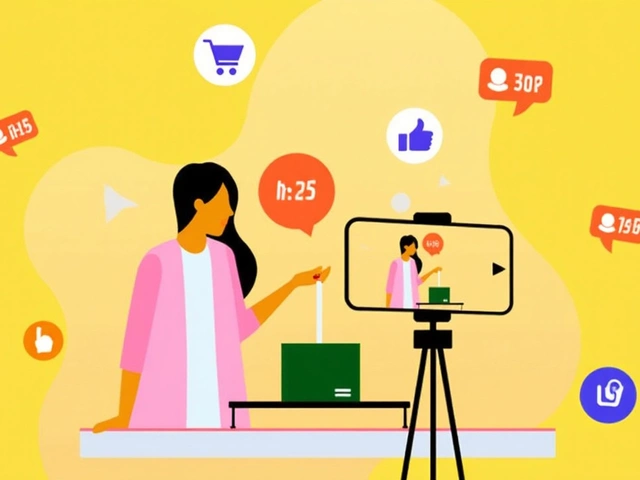Netflix’s ʻAdolescenceʼ Flips the Script on Teen Drama and Online Hate
*Adolescence*, Netflix’s chilling new miniseries, isn’t the typical coming-of-age drama. Sure, it follows a troubled 13-year-old boy, Jamie Miller, but instead of first crushes and schoolyard squabbles, we get a front-row seat to the dark corridors of the internet. Jamie’s story is raw and uncomfortable: a lonely kid, slowly pulled into the warped world of online incel forums and misogynistic influencers, ending in a brutal act of violence against a female classmate. As *Adolescence* peels back the layers, it doesn’t just tell Jamie’s story. It rips open the much bigger—and messier—conversation about how online hate, wrapped in memes and edgy jokes, is gripping boys across the globe.
The series doesn’t shy away from the ugliest corners of the internet. Viewers see Jamie buried in message boards full of rape jokes, racism, and relentless put-downs of women. One scene cuts hard: Jamie hunched in the blue light, headphones on, scrolling through nihilistic rants from anonymous avatars. His descent isn’t unlike the chilling real-life headlines we’ve seen lately, like Jake Davison’s deadly rampage in Plymouth or Elliot Rodger’s infamous killings in Santa Barbara. What ties these young men together isn’t just their alienation—it’s the ease with which fringe ideas, once tucked away in dark corners, can now be pumped straight into teenagers’ rooms.

The Real-World Ripple: Gen Z, Andrew Tate, and Schoolyard Screens
If this all sounds a bit extreme, just check out the numbers. Amnesty International UK surveyed young people and found a whopping 73% of 16–25-year-olds say they run into misogyny online every week. Half see it all the time. Teens follow influencers like Andrew Tate, who boast about toxic masculinity and anti-feminist stances, sending their messages viral on TikTok and YouTube. In fact, while *Adolescence* never name-drops Tate, it mirrors his impact—blunt, relentless, and often disguised as 'self-improvement' or 'alpha advice.'
The response to the show has gone way beyond binge-watching. It’s heating up political debate in Britain. The UK government is rolling out *Adolescence* in secondary schools, complete with frank discussions about online radicalization and what healthy relationships actually look like. Even Prime Minister Keir Starmer is getting involved, using the show as a wake-up call for educators and parents. The goal? Get ahead of hate before another real-world tragedy makes headlines.
But here’s where things get sticky. Critics argue that the series treats incel communities like a strictly organized movement, when in reality, it’s a messy mix of individuals—each with their own reasons and struggles. A few experts worry this oversimplifies what draws young men in, ignoring mental health and family dynamics that are often the real fuel for radical beliefs. At the same time, nobody’s missing the show’s bigger message: The internet isn’t raising kids in a vacuum. It’s feeding them rhetoric that can turn ugly, fast.
So, while *Adolescence* is fiction, its impact is very real. It dares parents and teachers to look closer at what young people do online, and forces communities to talk honestly about Netflix's power, social media’s grip, and how easy it is for ordinary kids to fall into toxic circles. No lectures, just a blunt warning: These problems don’t stop at the screen. They walk right into classrooms, bedrooms, and sometimes, the news cycle itself.







Write a comment